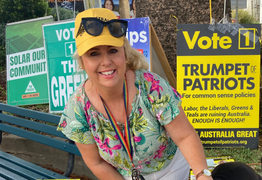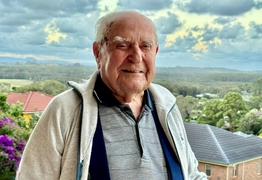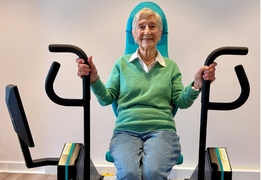Forest of the Fallen raises questions but let’s not forget the science
Lynne Strong
05 May 2025, 6:00 AM
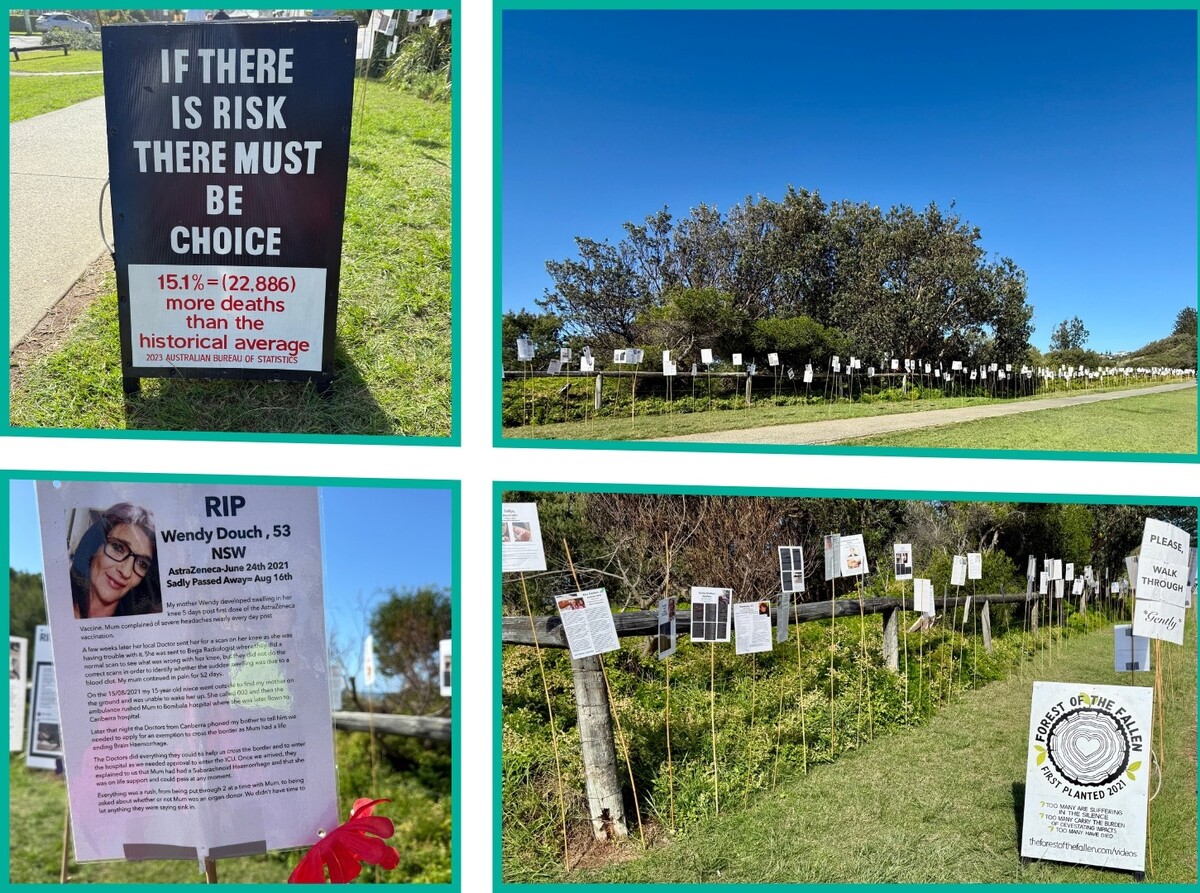 The danger in displays like this one is not just the stories. It is the doubt they plant, especially among people too young to remember a world before routine immunisation.
The danger in displays like this one is not just the stories. It is the doubt they plant, especially among people too young to remember a world before routine immunisation.Voters arriving at Werri Beach on Saturday morning were met with a confronting sight.
An installation called Forest of the Fallen had been set up beside the polling booth.
Dozens of placards lined the walkway, each bearing a name, photo and story of someone whose family believes they were harmed or killed by a COVID-19 vaccine.
The display, peaceful but emotionally charged, is part of a national campaign challenging vaccine safety and advocating for medical choice.
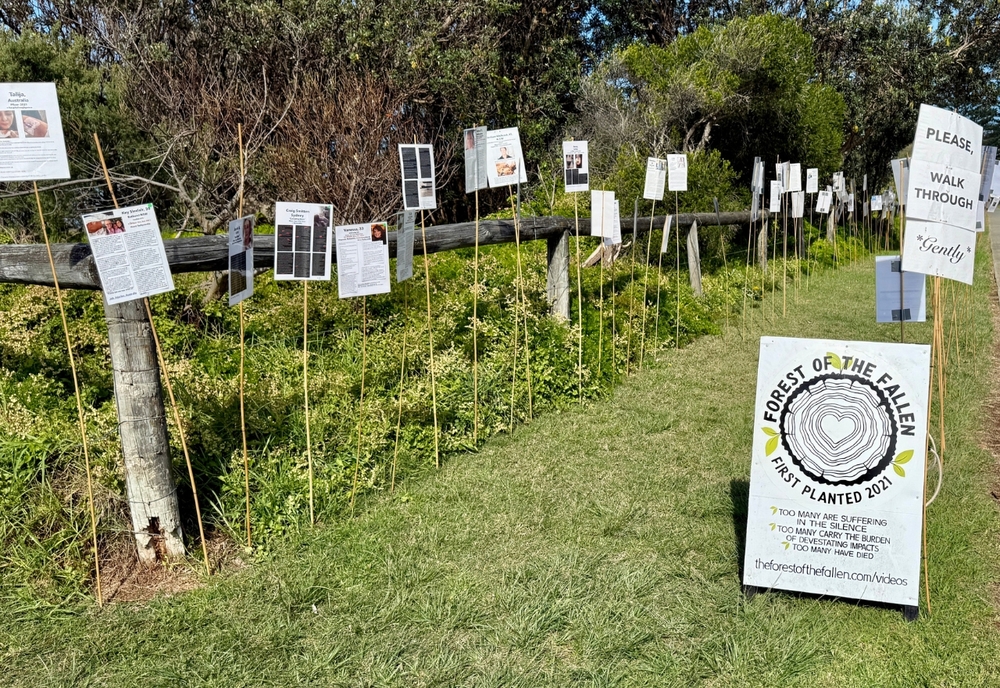
As someone who spent years working as a pharmacist, I understand where some of this anxiety comes from.
No medicine is without risk. But it is also true that vaccines have protected millions, probably billions, of lives across generations.
Before we had vaccines, children routinely died from diseases we no longer see.
Back when I was working as a pharmacist, many countries required certain vaccines for entry.
Yellow fever was one of the few with strict international rules. If you were travelling to or from parts of Africa or South America, you had to show proof of vaccination or risk being turned away at the border.
Other vaccines, like typhoid and cholera, weren’t usually compulsory but were strongly recommended depending on where you were going and how you were travelling.
These days, for most destinations, vaccines are no longer a formal requirement but a choice.
That’s a sign of how successful public health efforts have been.
But it also means we’re losing the collective memory of what life was like before vaccines became part of the background.
The danger in displays like this one is not just the stories.
It is the doubt they plant, especially among people too young to remember a world before routine immunisation.
The personal grief is real and should be treated with compassion, but public health is built on collective protection, not individual anecdotes.
Science is not perfect, but it is our best tool for navigating uncertainty.
That matters on election day, and every other day too.
NEWS

